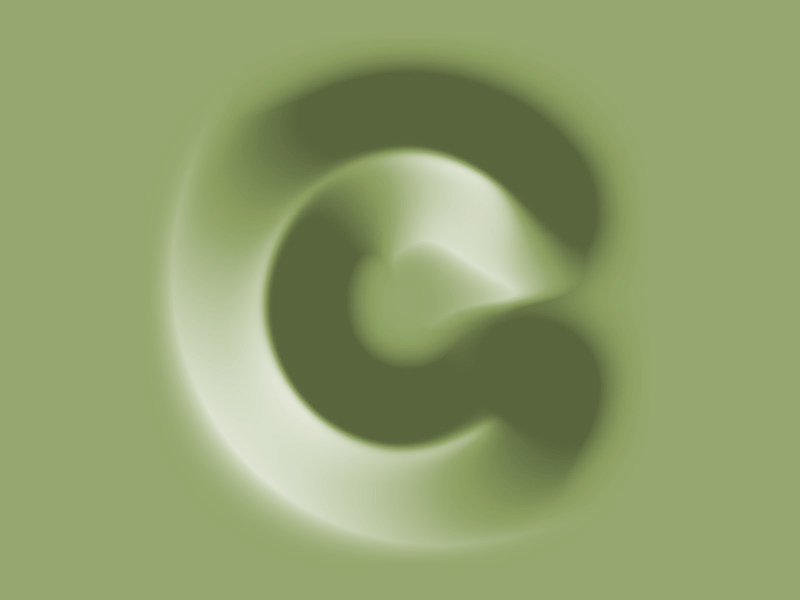Post-Utopian Design Research

We will discuss an unpublished text by Ludwig Zeller that illustrates his ongoing work in the Critical Artifacts project.
From the abstract: The conceptions of design have changed in the last decades, putting it more into social and systemic contexts and demanding more responsibility for future developments. While most of this is addressed with approaches such as ethnographic or participatory methods that directly relate to the actual world, these new questions also brought up a host of speculative, narrative and imaginative approaches such as Critical Design and Speculative Design but also mixed positions such as Transition Design. These emerging fields use a notion of ‘non-affirmative’ design that denies to function for the status quo of our world and instead uses narrative and persuasive methods in order to foster imagination respectively change. The text gives an outline of their emergence as a sequence of three recognisable turning points. Other developments that happened in parallel as well as earlier predecessors will not be addressed. We will see that the different schools have recently entered a state of competition that is especially visible through the publications of Cameron Tonkinwise and the text aims for addressing misunderstandings and benefits of this situation. The recent discussion will be put in a broader picture that shows their roots in the utopian discourse of the 20th century. Eventually, this will lead to some conclusions that propose adapted versions of the ‘cones of futures’ and Dunne & Raby’s “a/b” manifesto in order to represent the current state of the discussion more clearly.
The session will end with a hands-on and work-in-progress lunch demo of “Societies of Speculation”. This new experimental elaboration by Bernd Hopfengärtner and Ludwig Zeller uses a virtual environment to stage several historic techniques of speculation as a sequence of virtual exhibition rooms.
The text to read for this particular session is available on request. If you plan to come, please feel free to send a short note to Ludwig Zeller.
With IXDM and vis_com researcher Ludwig Zeller.
Wednesday, 15 March 2017
11.00 – 12.30
Critical Media Lab (D 3.05)
All are always welcome.
Colloquium Season Spring 2017
To get subscribed to the colloquium mailinglist please contact Moritz Greiner-Petter.




